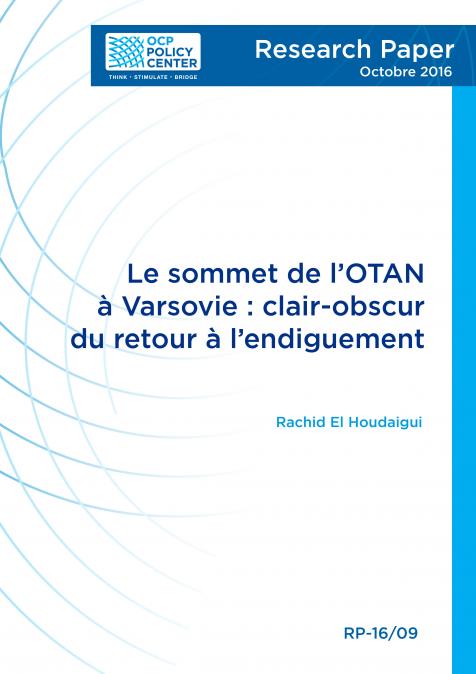Podcasts
Southern Atlanticism in a Polarized World
Related topics:
As the world witnesses a period of disruption marked by Great-Power rivalry and increasing insecurity, Southern Atlanticism serves as a catalyst for greater cooperation and representation in global affairs. By amplifying the voices and interests of countries of the “New South” this concept challenges the current narrative of Western dominance, paving the way for a balanced multipolar world order.
New alliances have begun to emerge assuming different stances from the West, passing through Latin America, Africa, and the Caribbean. Russia’s invasion of Ukraine has been a turning point for regional actors from the New South to adopt a non-aligned position and avoid choosing sides, giving ground to the idea of multilateral cooperation with Atlantic partners north and south.







